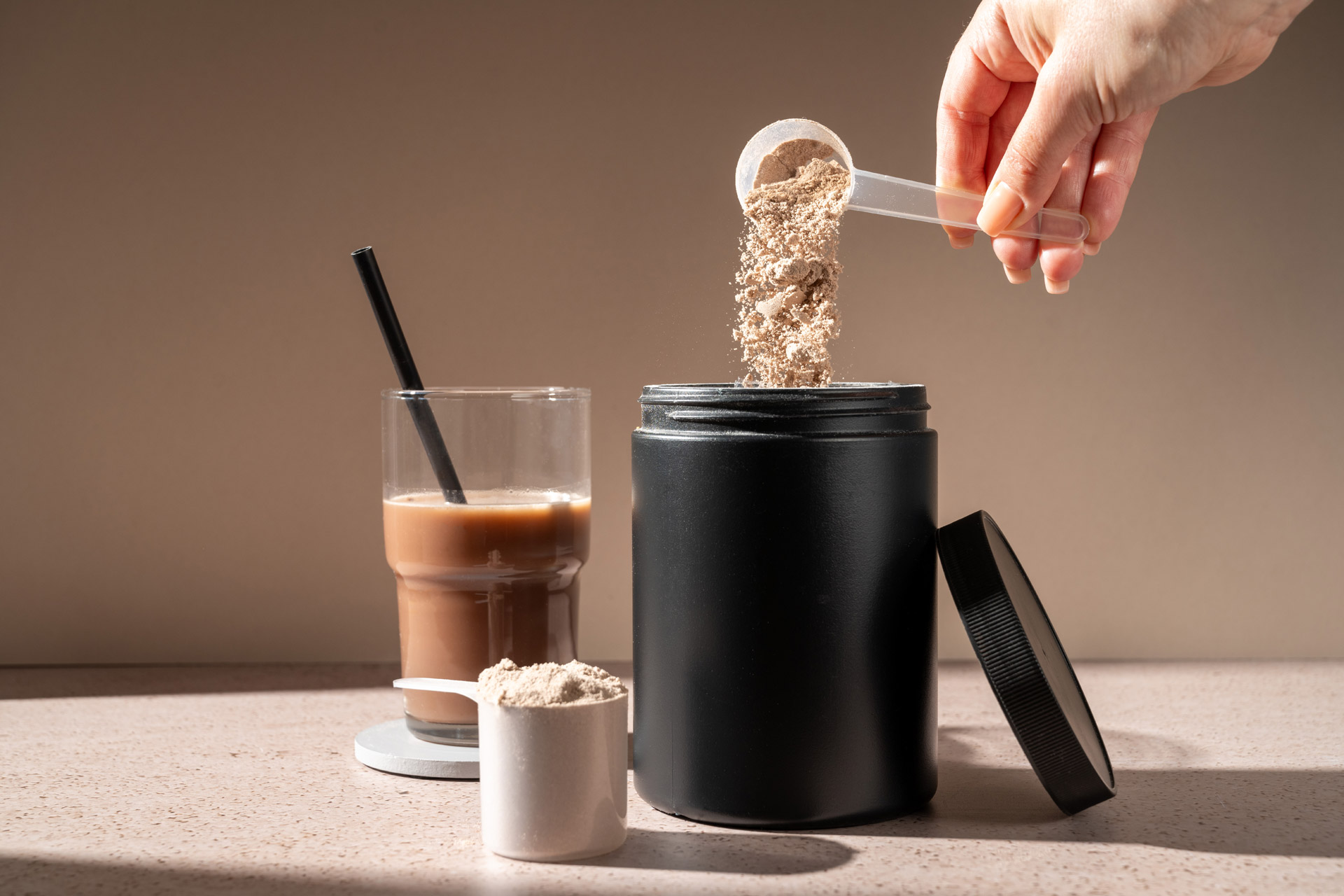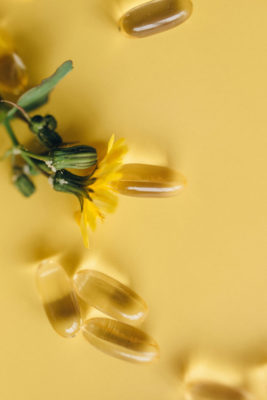
Why Is Creatine So Beneficial For Women?
By
6 months ago
We delve into the science surrounding the trending supplement
For years, creatine has been associated with muscle-bound bodybuilders and gym-goers but that image is rapidly evolving and for good reason. Much more than a fitness supplement for athletes, it’s considered a powerhouse for women looking to age well and stay strong.
‘Creatine is one of the most well-researched supplements we have,’ says wellbeing expert and long-time women’s health advocate Liz Earle. ‘During menopause and beyond, it becomes especially valuable. It helps support muscle strength, cognitive clarity, and energy production at a time when our natural stores begin to decline.’
Creatine For Women: Benefits & Side Effects
What Is Creatine?
Creatine is a naturally occurring compound made from amino acids that plays a key role in cellular energy production. While our bodies make some amounts, we also get creatine from dietary sources, mainly animal products like red meat and fish.
‘Creatine acts like a cellular battery charger,’ explains Dr Jenna Macciochi, director of science and innovation at Ancient + Brave. ‘It helps regenerate ATP (adenosine triphosphate), which is our cellular energy currency and fuels nearly every process in the body, especially quick, high-intensity efforts, which is why creatine became popular to support physical activity and exercise performance. But beyond performance, it’s also emerging as a powerful tool for other energy-demanding cells, supporting brain health, bone strength, and metabolic function, as well as ageing.’
Women tend to have lower natural creatine stores than men, particularly those following plant-based diets. These stores diminish with age, making supplementation a smart choice across a woman’s life, but especially during and after menopause. ‘Consistency is key,’ continues Dr Macciochi. ‘Creatine works best when taken daily, as its benefits come from building up cellular stores over time.’

Getty Images
What Are The Benefits?
The science is there to prove why creatine is important – in fact, it’s one of the most well-researched supplements out there.
Benefits include:
Boosting Exercise Performance
Taking creatine can give you better stamina during workouts. In 2016, researchers explored how creatine supplementation affected exercise performance, and after six weeks, the findings (published in Strength and Conditioning Journal) showed women experienced a 15 percent increase, compared to six percent in men.
Increasing Muscle Strength
There’s plenty of research showing creatine can help build muscle mass and strength when combined with resistance training, particularly in older people. An analysis of the research, which included 22 studies focusing on people aged 57-70, concluded supplementation can improve muscle mass by 1.4kg, and lead to a small increase in strength.
Improving Mood
Taking creatine can have mental health perks too. One study saw people with depression given creatine powder alongside a course of cognitive behavioural therapy (CBT), while other participants just had CBT. After eight weeks, scientists observed a greater improvement in those who had taken creatine.
Are There Any Side Effects?
One of the most common misconceptions about creatine is that it causes weight gain or bloating. This belief comes from the bodybuilding methods of high-dose ‘loading’. Menopause fitness coach Kate Rowe-Ham clarifies that when used correctly, there’s no need for concern. ‘Some people may notice a bit of water retention at first,’ she explains, ‘but that water is stored in your muscles, where it actually supports hydration and performance. It’s not actual weight gain.’
She also notes that if you combine supplementation with two to three strength sessions a week and stay well hydrated, any initial side effects usually settle quickly. ‘What you gain in strength, energy, mental clarity, and confidence far outweighs any temporary changes.’
Is Creatine Useful For Post-Menopausal Women?
Post-menopause, women can lose up to one percent of their muscle mass each year, which may lead to reduced strength, a higher risk of injury, and possible weight gain. Although creatine can support muscle maintenance, it shouldn’t be considered a silver bullet or shortcut.
Instead, try combining supplementation with:
- A balanced diet: Consuming enough protein daily is crucial for muscle repair and growth.
- Strength training: Regular resistance training, such as lifting weights or using resistance bands, is essential for building and maintaining muscle mass.
- Sufficient sleep: Sleep allows the body time to rebuild muscle tissue and replenish glycogen stores, meaning you can hit the gym again.
























